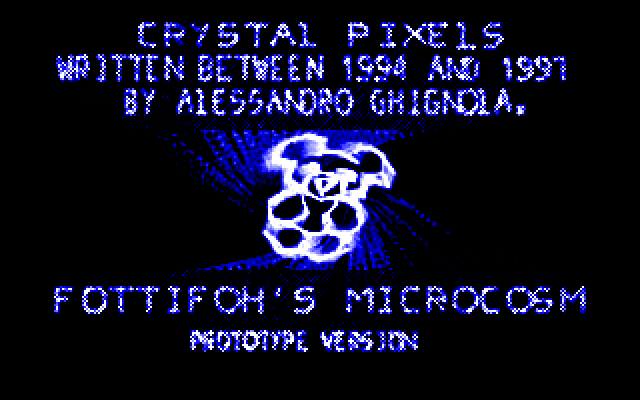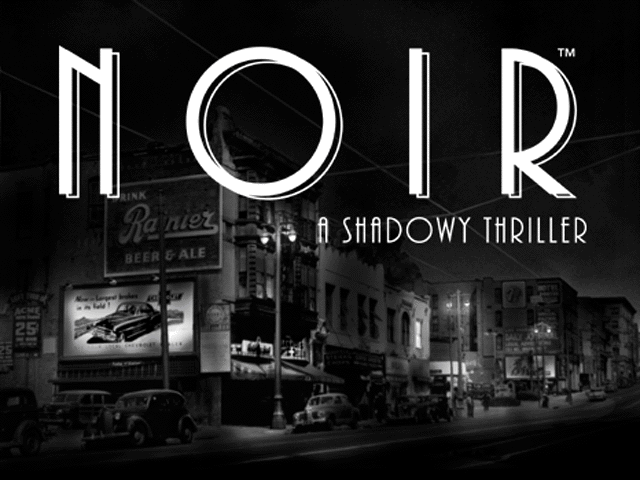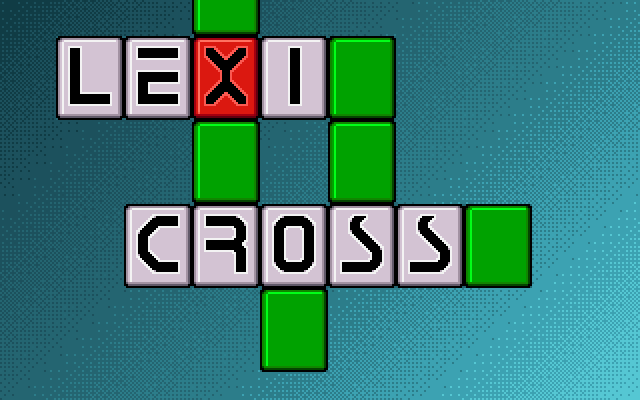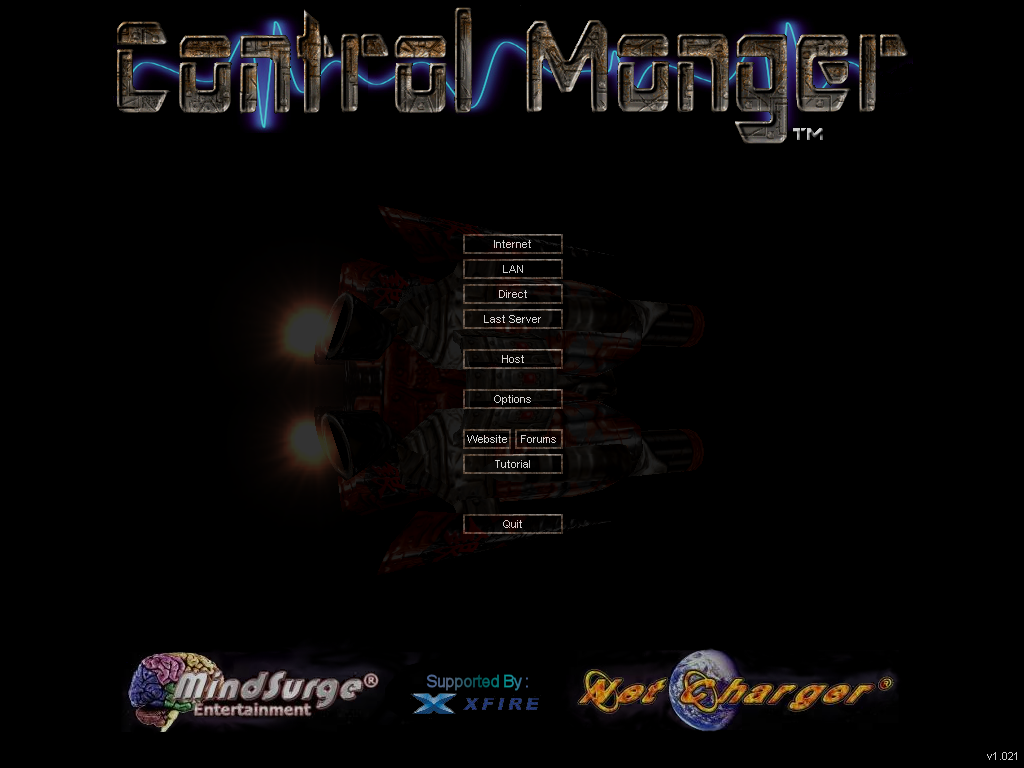A few post updates 
Page Viewers icon from Creative Writer
Time for a few updates! July has been an exciting month, and while I was working on all the posts, I’ve also been going back and revising a few older articles that I wasn’t totally happy with. It’s weird to have nine years of your writing (!!!) existing all in the same place, and it’s fun to see how my writing’s grown over the years.
I made two major additions to previous posts that I want to highlight here:
- One of the big lingering questions from the infamous Secret Writer’s Society back in March was whether the game was really a target of sabotage. I reached out to RTMark co-founder Igor Vamos, and he confirmed that the story about sabotage was a hoax intended to give the bug more publicity. Seems like it worked! It’s great to have that story finally settled.
- A former Electronic Arts employee close to the development of Majestic, EA’s experimental alternate reality game, reached out with more information about why the game closed. It was a practical decision too. EA was ramping up production of their Lord of the Rings games and reassigned the producer of Majestic to a new title, which basically guaranteed that was the end. Thanks to the former employee for sharing this information!
I’m not quite sure where we’ll be going next, which is exciting! It’ll probably be weird. Thanks for continuing to read!






